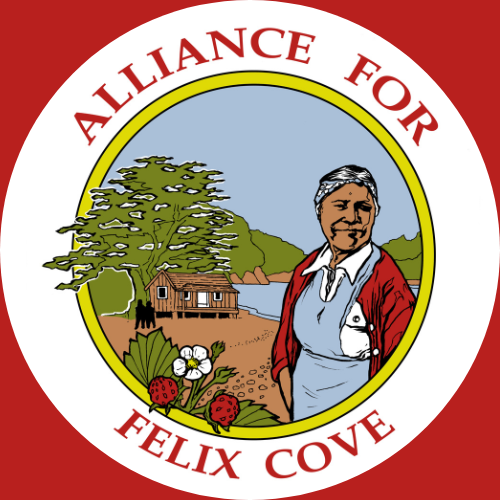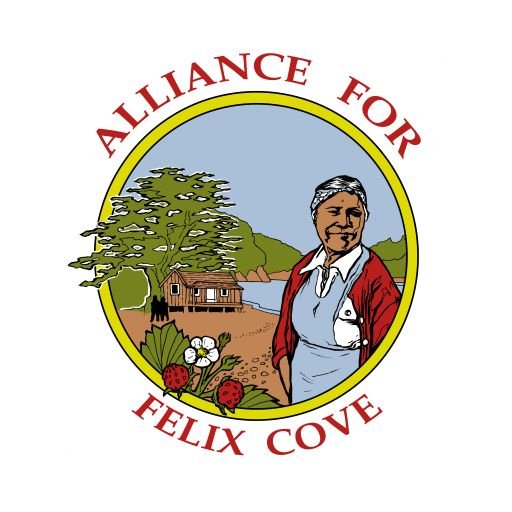Resistance through Reconciliation
Injustice marks Indigenous histories with genocide, destruction of Indigenous foods, forced removal from ancestral lands, and boarding schools. The ancestors held on with persistence and told their stories to their children and grandchildren. These gifts are what sustain their descendants. When we trust our authentic selves, we can share stories and engage in difficult conversations with open hearts and strengthen connections needed to power a broader movement to return Indigenous lands to Indigenous hands.
Two years ago, our founder Theresa received an unexpected phone call. A direct descendent of the family that purchased most of the Point Reyes Peninsula in 1857–that led to the formation of the tenant ranching system supplanting an Indigenous presence–wanted to meet her.
There were plenty of reasons to turn away. The colonization of Point Reyes had ripped Támal-ko/Coast Miwok people away from land they had protected for thousands of years. It disconnected them from the cultural practices and pathways carried by their ancestors. And it led to the development of a ranching industry that has severely damaged vital ecosystems along fresh water creeks, lagoons, and bays feeding into the Pacific Ocean.
But instead of closing in, Theresa stepped forward to engage. As she shared months later during a public event, speaking alongside Shafter descendant Nick Whitney on their family’s intersecting histories:
“At some point you have to decide: are you going to live in a world of abundance and open-heartedness and open-mindedness, or are you going to live in a world of exclusion and isolation and scarcity?”
In a moment of profound divisiveness in this country, this conversation showed us how open hearts and minds can bring authentic understanding and healing. As Nick was able to acknowledge that he and his family were “the beneficiaries of this theft” of Indigenous land, Theresa was able to honor that recognition, extend a hand in friendship, and begin a relationship grounded in trust.
This kind of active reconciliation–grounded in true allyship and imbued with a shared commitment to justice–is a powerful form of resistance. Rather than put us on the defensive, true reconciliation can shift mindsets, particularly around the ways extractive colonial systems have worked to divide us. It can help us build community to power collective action toward needed change.
Nurturing a collective resistance through reconciliation–one that encourages us to greet each other as relatives as our ancestors once did–is at the heart of our work at the Alliance. As Theresa shared during the fourth episode of Emergence Magazine’s powerful podcast “Coming Home to the Cove” released recently:
“I think what we’ve created is really the beginnings of a reconciliation. That is where we want to be as a community. And we need to share that it’s possible, and share the benefits that come from an open heart and open mind.”
So how do we continue to encourage active reconciliation, and see its benefits come to life?
For us at the Alliance, it means openly sharing the stories of our ancestors–the beauty and resilience, as well as the trauma and injustice. Because in doing so, we are building an extended community committed to amplifying Indigenous voices, now and into the future.
It means creating open, welcoming spaces for people to gather and learn about Támal-ko/Coast Miwok cultural pathways and practices. Because in doing so, we are expanding the circle of community members who understand that renewing Indigenous ancestral knowledge is vital to protecting ecosystems everywhere.
Finally, it means holding space, with an open heart, for anyone who wishes to learn more about why we must bring justice to our stolen lands at Felix Cove. Because by doing so, we create a community that recognizes rematriation isn’t about satisfying righteous Indigenous anger. It’s about healing the land–and creating spaces where all of us can deepen our relationship to Mother Earth.
As always, we welcome you with an open heart to be a part of this community!
Whether you’re local to the Bay Area or want to stay connected from afar, we welcome you to our community!
On our website, you can sign up for our newsletter or follow us on social media to receive updates and invitations to upcoming virtual or in-person events, as well as calls to action.
Sign up to volunteer with us! We are always looking for folks to help in our efforts to protect and restore Felix Cove.
Become a donor! Our work to rematriate, defend and decolonize Felix Cove, is only possible with your support.
Ka molis - thank you! - for standing with us!



